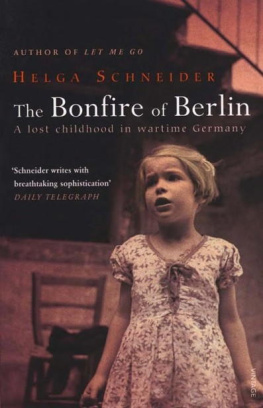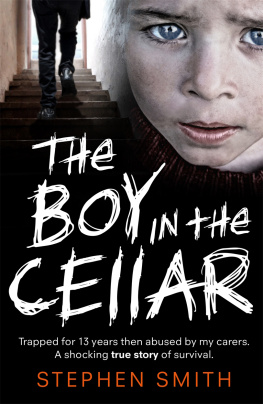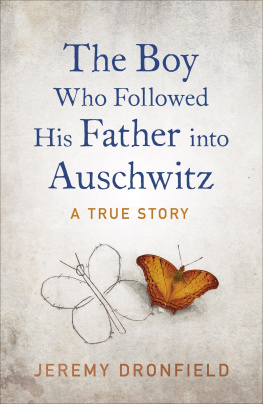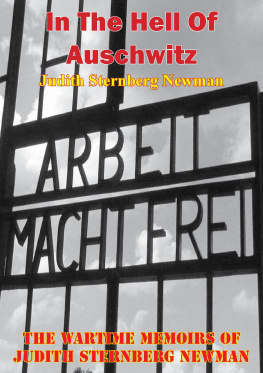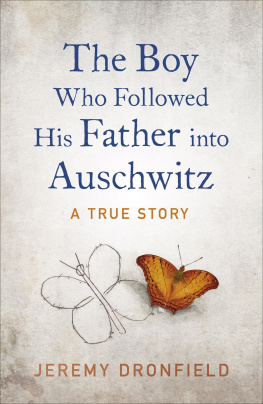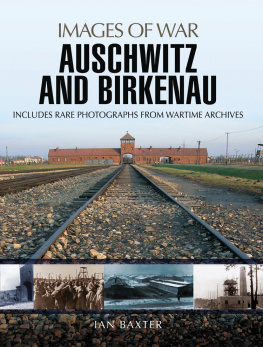Annotation
Abandoned by her mother who left to pursue a career as a camp guard at Auschwitz-Birkenau, and loathed by her stepmother, Schneider endured the horrors of wartime Berlin cooped up in a cellar, starved, parched, and lonely, amidst the fetid crush of her neighbors. The grinding misery of hunger combined with the terror of air-raids, the absence of fresh water, and the constant threat of death and diseasetyphus, influenza, or simply the apparently petty inflammations of bedbug bitesserved not to unite the inhabitants of her block but rather to intensify the minor irritations of communal life into flashpoints of rage and violence. Even in the face of Russian victory, the survivors could not look forward to safety but rather to pillage and rape, even in their own cellar, as the victorious troops stampeded through the broken city. It was only gradually that some kind of normality resumed as Schneiders beloved father returned from the front, carrying his own scars of the war. This shocking book evokes the reality of life in a wartime city in all its brutality and deprivation, while still retaining a kernel of hope that as long as life goes on, all is not lost.
Helga Schneider
THE BONFIRE OF BERLIN
A LOST CHILDHOOD IN WARTIME GERMANY
Translated from the Italian by Shaun Whiteside
Adolf Hitler is nothing but a vain bohemian from the streets. That people should be afraid of him is something that is really beyond my understanding.
President Hindenburg on the occasion of a meeting between General Schleicher and the Bishop of Mnster, 4 February 1931
Vienna, Spring 1971
We hurried up the stairs of the old Viennese building, my heart thumping so hard that I couldnt ring the bell. Renzo, my son, rang it for me.
I had been looking for her for a long time. Now, thirty years after she had abandoned me in a Berlin already traumatised by war, I had found my mother again; she was back in Vienna, her home-town.
As for myself, Id been born in Poland, Id lived in Nazi Germany and been repatriated to Austria (also the country where my father had been born), and now I was settled in Italy; I had a husband and a son.
When the door opened, I saw a woman who looked strikingly like me. I gave her a tearful hug, overwhelmed by happiness and disbelief, and ready to understand, to forgive, to let bygones be bygones.
She immediately started talking, talking about herself. There was no attempt to justify her abandoning of me, no explanation of any kind.
She told me her story. Many years previously, she had been arrested in Birkenau concentration camp, where she had been a warder. She had been wearing an impeccable uniform that suited her terribly well. Before twenty minutes bad passed, she was opening a horrible wardrobe to show me, nostalgically, that very uniform. Why dont you try it on? Id like to see it on you. I didnt try it on; I was confused and upset. But what she then said was even worse, a denial of her role as a mother. I was condemned by the Nuremberg Court to six years imprisonment as a war criminal, but none of that matters anymore. With Nazism I was somebody. Afterwards I was nothing.
My blood froze. If she, in 1941, had decided that she didnt want her daughter, it was my turn not to want my mother! My son and I took the first train back to Italy. Renzo wept with disappointment. How could I explain why I hadnt found a mother, and he hadnt found a grandmother? He was only five years old.
So I lost my mother for the second time. I dont know if shes still alive. Every now and again people ask me whether Ive forgiven her.
I
Berlin, Autumn 1941
My mother was a blonde woman who shouted Sieg Heil whenever Adolf Hitler appeared at rallies. Sometimes she brought me along, and one day I got lost in the crowd, finding myself alone when the square had emptied. My grandmother told me the story often, her words heavy with the hatred she felt for her daughter-in-law.
When my brother, Peter, was born, my mother discovered she had chosen the wrong career. Having convinced herself that serving the Fhrers cause was more honourable than raising her own children, she abandoned us in a flat in Berlin-Niederschnhausen and enlisted in the SS. It was the autumn of 1941; the German forces were suffering badly on the Russian front.
We were taken in by Aunt Margarete, my fathers sister. My father had left for the front some time before. Aunt Margarete lived in a villa in Berlin-Tempelhof, had a daughter, Eva, and was married to a count who was off fighting in the war as well.
At my aunts villa, food rationing was unknown; the table was always groaning with foie gras, canapes, various kinds of sausage, apple juice and fresh bread. I often stuffed myself until I could eat no more, only to throw it all up again, to my aunts great consternation. I was four years old, my brother, Peter, nineteen months.
One day Aunt Margarete sent two cablegrams: one to my father, informing him of his wifes desertion, news that gave him an attack of jaundice; the other to our paternal grandmother, who immediately put my fathers elder sister in charge of her already impoverished farm and rushed from troubled Poland to equally troubled Berlin.
My grandmother arrived smelling of poultry and aniseed biscuits, deposited her suitcase and her umbrella by the empty swimming pool, cast a withering glance at the liveried butler with his Hitler moustache who was fawning on my aunt with ludicrous zeal, and started swearing like a trooper. Calling my mother a Nazihure, a Nazi whore, she considered our fate. She had clear ideas about what should happen to us.
Aunt Margarete was willing to bring up Peter and me along with Eva, but my grandmother was having none of it. Worried that her daughter would turn us into two little manikins, she insisted on taking us to Poland. The two women had a heated conversation beside the pool. Soon another cablegram made its way to the front, but it was my fathers view that we should stay in Berlin. So our grandmother settled with Peter and me in the Niederschnhausen flat to await developments. She eradicated all traces of my mother, as though the house had been infested with plague. However, she found a way to renew her memory every day by talking about her in unrepeatable terms, adding fresh hatred to old rancour.
Grandmother was both loving and severe. She punished me without hesitation whenever I told lies, and I told them often. I liked to go around saying, for example, that my father was a famous General, while in reality he was only a soldier in an anti-aircraft division, and furthermore he was a fervent antimilitarist. An Army career had always been the least of his ambitions. His presence in Berlin had a great deal to do with the fact that his sister Margarete lived there; being so well connected, it seemed likely that she would be able to able to open a few doors for him. He had found himself involved in the war in spite of himself, due to the German annexation of Austria. Having been born in Vienna, he was irritated at having to wear the uniform of the Wehrmacht, though such sentiments were not openly expressed in those days.
My lie about my father the General was the product of a need to overcompensate. I had been deprived of maternal warmth, and although I loved my grandmother very much, I had focused my entire being on my father. But as he was far away, it was essential for me to create a fantasy substitute for myself. That is why I devised the legend of my father the General, a fantasy that gave me great consolation, particularly when other people expressed their admiration for this hero of the Fatherland! Who could command greater respect than a brave General fighting to save the German people from Bolshevism?

